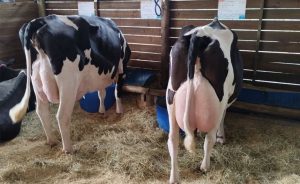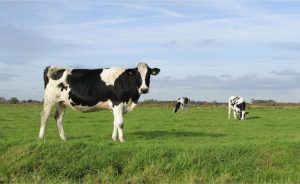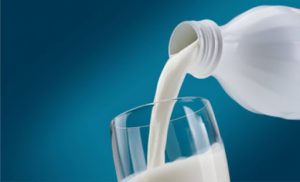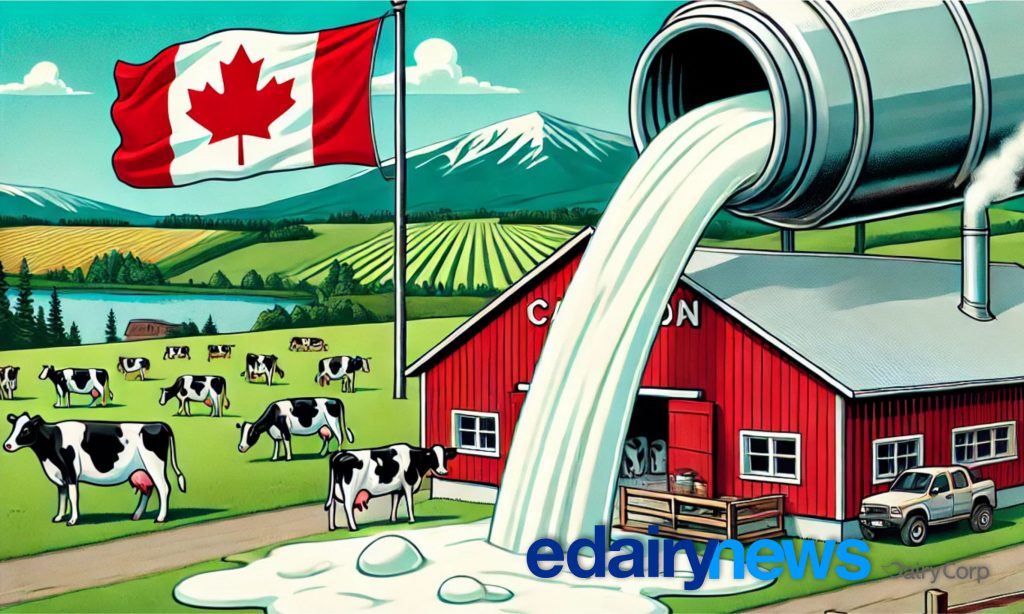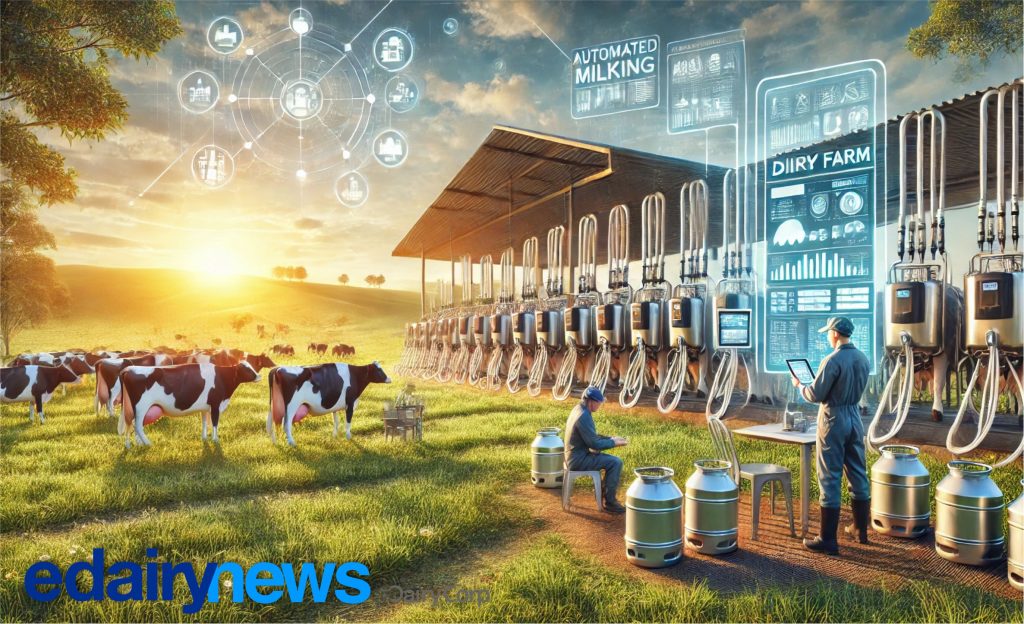Brent Atkins, Dairy Plains. Tasmania, said for generations his family had used visual inspections and knowledge of bloodlines to make breeding and culling decisions.
“Each year we have 200 Friesian heifer calves but we only need to keep 80 to 100, so we sell between 100 to 120 calves,” he said.
“It always came down to the animals you felt looked the best and what you could remember about their parentage.
“We’ve been happy with those methods for a long time but I felt like that because the technology is there now, and testing is so easy, we should take advantage of it.”
NEOGEN operates Australia’s longest-running livestock genomics-testing facility, based at the University of Queensland since the 1980s, and has led the development of a range of DNA tests to assist cattle breeders take their genetic selection decisions to the next level.
Igenity Aussie Select had been specifically designed for the Australian dairy industry as a tool for improved herd management and to drive genetic gain.
It provided Australian-based traits and indices such as Balanced Performance Index (BPI) and was supported by DataGene to ensure accurate results for the Australian market.
Mr Atkins said receiving the test results for his heifer calves and bulls last season gave him a whole new appreciation for the value of genomic information.
“What really drove it home was when one of the heifers which I would have definitely culled, came back as one of the best performers in the mob,” he said.
“So that one test saved us from selling that heifer calf who will be one of the stars of the herd in a couple of years.”
Mr Atkins, who milks 450 cows and breeds sheep and beef cattle for the meat market, said the testing had helped him hone in on traits that were visually undetectable in young animals.
“We want to see the best possible production from each animal and you just can’t know that for sure without DNA testing,” he said.
“Our results clearly showed what animals had the best production potential so we could easily keep the top 45 to 50 per cent and sell the rest.
“The future return on the heifers we’ve kept will quickly cover the cost of testing.”
Mr Atkins is preparing to test 50 more two-week-old calves in a fortnight and said he would be continuing to test his calves for the foreseeable future.
“The TSUs (Tissue Sampling Units) are simple to use, the results are easy to read and we’ve already seen some great outcomes from testing, so I’m convinced this is the way to go,” he said.
“We have also tested some of our bulls so we can better plan our natural joinings next year, so that’s another exciting advancement.”
Neogen’s Genomics Territory Manager for Victoria and Tasmania, Rodney Parker, said it was rewarding to see a producer find their testing results so beneficial.
“Brent’s story is a great example of how quickly a test like Igenity Aussie Select can make a huge impact on a business,” he said.
“It’s clear that to make the best breeding and culling decision producers need as much information as possible and our genetic tests put that information into their hands.”

